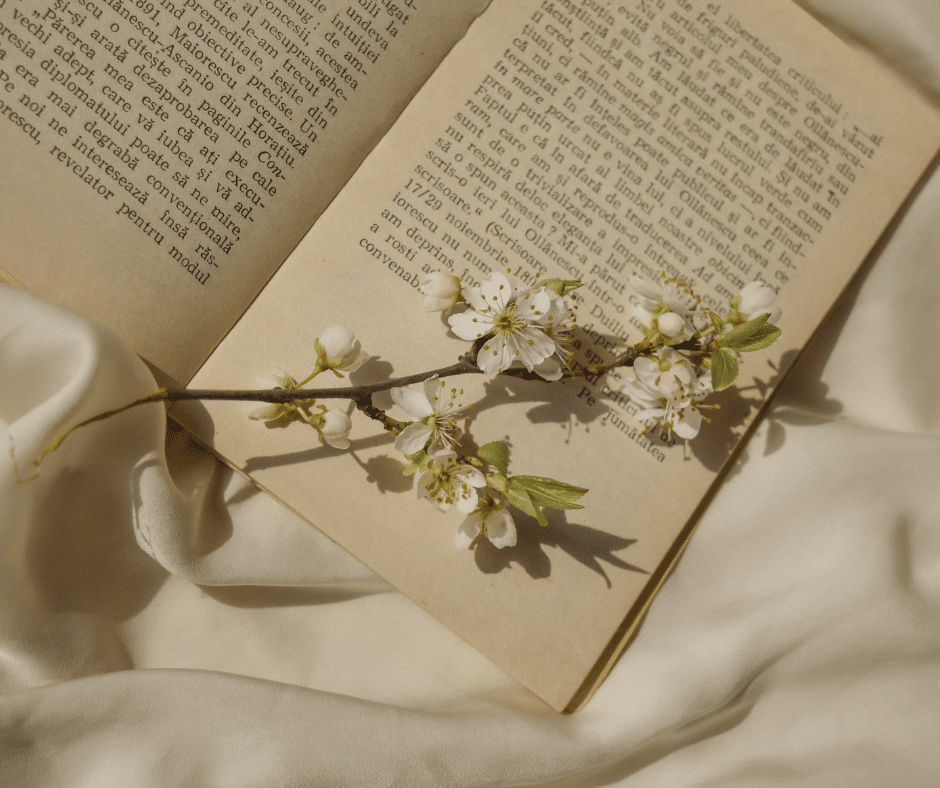The Role of Poetry in Preserving Cultural Heritage

Introduction: The Power of Poetry in Cultural Preservation
Poetry has long been recognized as a powerful tool for preserving cultural heritage. It has the ability to capture the essence of a culture, reflect its identity, transmit historical knowledge, revitalize endangered languages, and celebrate cultural traditions. Through its rhythmic and expressive language, poetry has the unique ability to engage the emotions and imagination of its audience, making it an effective means of preserving and transmitting cultural heritage.
Poetry as a Reflection of Cultural Identity
One of the primary roles of poetry in preserving cultural heritage is its ability to reflect and express the cultural identity of a community. Poetry often serves as a mirror that reflects the values, beliefs, customs, and traditions of a particular culture. It captures the unique experiences, struggles, and triumphs of a people, providing a window into their way of life.
For example, the poetry of the Harlem Renaissance in the early 20th century reflected the experiences of African Americans during a time of racial discrimination and social upheaval. Poets such as Langston Hughes and Countee Cullen used their poetry to express the struggles and aspirations of their community, giving voice to their cultural identity and preserving it for future generations.
Preserving Cultural Heritage through Oral Tradition and Poetry
Oral tradition has been a vital means of preserving cultural heritage for centuries, and poetry plays a significant role in this process. Many cultures have relied on oral storytelling and poetic recitation to pass down their traditions, history, and values from one generation to the next.
In ancient Greece, for example, epic poems such as Homer’s “The Iliad” and “The Odyssey” were recited orally and passed down through generations. These poems not only entertained but also preserved the cultural heritage of the Greeks, including their mythology, history, and moral values.
Similarly, in Indigenous cultures around the world, poetry and oral tradition have been used to preserve cultural heritage. The Maori people of New Zealand, for instance, have a rich tradition of oral poetry known as “waiata.” These songs and chants serve as a repository of cultural knowledge, including genealogy, history, and spiritual beliefs.
Poetry as a Tool for Transmitting Historical Knowledge
Poetry has the power to transmit historical knowledge in a way that is both engaging and memorable. Through poetic language and imagery, historical events and figures can be brought to life, making them more accessible and relatable to audiences.
For example, the poetry of William Shakespeare not only entertained audiences but also provided a vivid portrayal of historical events and characters. His plays, such as “Macbeth” and “Julius Caesar,” brought to life the stories of kings, queens, and political intrigue, preserving historical knowledge in a way that continues to captivate audiences today.
Poetry’s Role in Revitalizing Endangered Languages
In many parts of the world, languages are at risk of extinction. However, poetry has proven to be a powerful tool in revitalizing endangered languages and preserving cultural heritage.
For instance, in Wales, the Welsh language was in danger of disappearing. However, through the efforts of poets and cultural activists, the language has experienced a revival. Poets such as R. S. Thomas and Gillian Clarke have used their poetry to celebrate the Welsh language and its cultural heritage, inspiring a new generation to embrace their linguistic roots.
Poetry as a Means of Celebrating and Honoring Cultural Traditions
Lastly, poetry plays a crucial role in celebrating and honoring cultural traditions. Through poetry, cultural festivals, rituals, and ceremonies can be enriched and preserved for future generations.
For example, in Japan, the ancient art of haiku poetry is deeply intertwined with cultural traditions. Haiku, a form of poetry consisting of three lines and a total of seventeen syllables, is often used to celebrate the changing seasons and capture the beauty of nature. By continuing to write and recite haiku, the Japanese people honor their cultural traditions and preserve their connection to the natural world.
In conclusion, poetry plays a vital role in preserving cultural heritage. It reflects cultural identity, preserves traditions through oral tradition, transmits historical knowledge, revitalizes endangered languages, and celebrates cultural traditions. Through its power to engage the emotions and imagination, poetry ensures that the rich tapestry of human culture is passed down from one generation to the next. As poet Robert Frost once said, “Poetry is when an emotion has found its thought and the thought has found words.” In preserving cultural heritage, poetry gives voice to the emotions, thoughts, and traditions of a people, ensuring that their legacy lives on.


